কৃষ্ণ এক অদ্ভুত কর্মা শিশুর নাম। আমাদের লোক কথায়, পুরাণে, আমাদের চেতনায় মিশে আছে কৃষ্ণ কথা। তার ওপরে আছে অবতার-ভাবনা। প্রতিনিয়ত আমরা কৃষ্ণের অবতরণের প্রত্যাশায় থাকি। এই প্রত্যাশা যেমন করুণ তেমনই কৌতুকাবহ। কেননা জাতীয় চৈতন্যে ওতপ্রোত এই কৃষ্ণ কথা যেন এক রূপক যা বাস্তব হয়ে উঠতে চায় ঘরে ঘরে শিশুদের জন্মে, তাদের বড় হয়ে ওঠায়, তাদের সম্পর্কে আমাদের আশায়। কোনও না কোনও ভাবে তারাও অদ্ভুত কর্মা, যেন এক একটি ছায়া কৃষ্ণ।মহামানবের পুনরাবির্ভাবের স্বপ্ন শুধু আমাদের বিশেষত্ব নয়, স্বপ্নও। অর্ধস্ফুট এই আকাঙক্ষার একান্ত মানবিক প্রেক্ষাপটে তিনটি শিশুর বেড়ে ওঠার কাহিনী ‘অষ্টমগর্ভ’। তাদের ঘিরে আবর্তিত হয় বাংলার ইতিহাসের সবচেয়ে কালান্তক সময়। শৈশবকে সাধারণত একটি সুন্দর উপসময় হিসেবেই দেখি আমরা। কিন্তুমানুষ, পৃথিবী, জীবন সম্পর্কে শিশুর বোধওতো বড়দের মতোই বাস্তব সত্য! শিশুদের দেখাকে পূর্ণ গুরুত্ব দিয়ে তৈরি হয়েছে এই উপন্যাসের আখ্যান ভাগ। যেহেতু তাদের বোধের জগৎ বড়দের জগতের সঙ্গে সমান্তরাল নয়, তাই দুই জগৎ পরস্পরের সঙ্গে কাটাকুটি খেলে এ উপন্যাসে। তৈরি করে এক জটিল ছক। বস্তুজগৎ সেখানে অনবরত পুরাণ হয়ে যাচ্ছে আর পুরাণ হয়ে উঠছে বাস্তব।
[Source: Ananda Publishers]



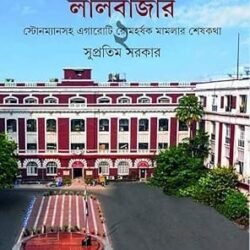
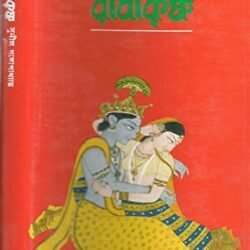
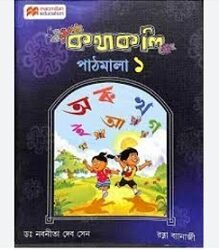
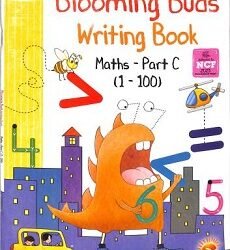
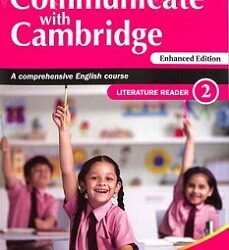
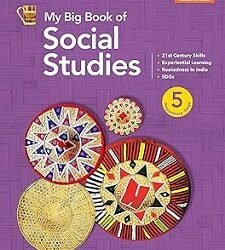

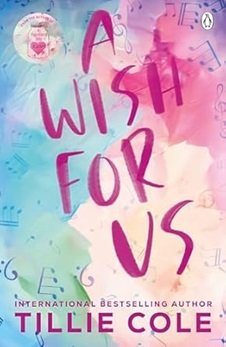
Reviews
There are no reviews yet.